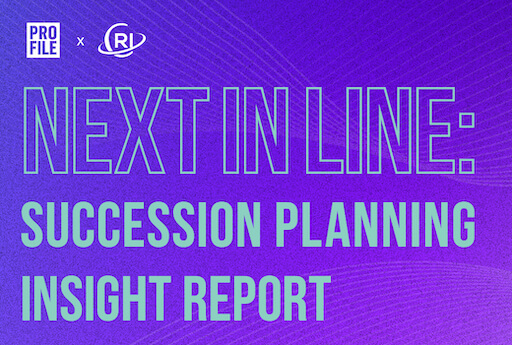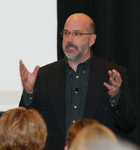From the pencils in the front office to the peanuts at Target Field, Bud Hanley and his department make decisions that define the character of the Minnesota Twins. Through procurement, the director of purchasing is able to create an experience for fans and workers alike, but he also sees a larger responsibility to his job: increasing vendor diversity and getting the best value for his team. Through best practices and incentives, he’s centralized Twins purchasing and developed a relationship with the diverse network of businesses in Twins territory and beyond.
1. Centralize buying operations
At one time, the Twins were decentralized and every department bought its own supplies from whomever. When Bud Hanley was brought aboard, he established the centralized procurement function to minimize overall costs, without compromising quality or reliability of supply. This allowed better prices, control, continuity, and efficiency while building favorable relationships with suppliers. On game day, Hanley sees the purchasing department’s fingerprint on a lot of things—be it signage,equipment on the field, kiosks, or the uniforms worn by guest services. His favorite recently was the uniforms for the “Turn Back The Clock” game. The Twins worked with several organizations to match the designs the players wore back in 1951, from the stirrups up to the patches on their sleeves.
2. Commit to those who make you successful
Hanley admits that a strong conviction for the financial objectives of the organization is crucial, but also advocates for making a positive difference in the lives of individuals, businesses, and, ultimately, the community. This requires the commitment to providing opportunities to minority and woman-owned businesses. “When you increase the number of vendors, you increase your chances of getting good prices, quality, and service.” Hanley says. “It’s not a hand-out; it’s a method the Twins use to get better prices, better service, and mutually beneficialrelationships.” The team has approached this by creating an Emerging Markets department, which actively reaches out to Minnesota’s diverse communities; a great RBI (Reviving Baseball In Inner Cities) Program for youth; and a “Hope Week,” where players, staff, and family members give back to the community.
3. Have a diversity mission statement
As an organization, the Twins know that many cultures make up its territory, and it is committed to providing equal opportunity for all cultures in areas such as employment, vendor utilization, philanthropic giving, and community relations. This commitment allows the Twins to grow as an organization in a manner consistent with the values and traditions of the community. In addition, the organization has a commitment to MLB’s Diverse Business Partners Program, which oversees opportunities for diverse suppliers within the procurement process.
4. Reach out to small businesses
Some people might think the Twins are too big to do business with. One of the first things Hanley tells a new business is that he knows the team has this big park downtown, but that’s the ballpark. The reality is that the Twins are a small- to medium-size business, and while there are some products the team has to buy from certain vendors, the ball club isn’t too big to do business with anyone. When the organization orders something, it comes through the purchasing department, which makes it simple for vendors to contact the team—which is to say, contact Hanley. It’s important to know who’s out there before a need arises, so that the Twins can include minority- and woman-owned businesses in all of its opportunities.
5. Get out in the community
Good business is a matter of finding and developing mutually beneficial relationships. You have to go to woman- and minority-owned businesses, but make sure you’re giving them a fair opportunity. Get to know them. Form a relationship with vendors. Hanley is a member of Midwest Minority Supplier Development Council; attends trade fairs, such as the annual Midwest Business Opportunity Fair; conducts personal interviews; visits facilities and performs community-based volunteer work. The Twins also like to reward some of its most outstanding diverse businesses. One way is through the Annual Jackie Robinson “MVDBP” (Most Valuable Diverse Business Partner) Award, which is given to one diverse vendor that reflects the character and commitment to excellence of the baseball legend. The Twins also host diverse businesses in suites during the season as a way of saying thanks for their efforts.
6. Consider anyone that fits your niche
When looking at suppliers, the Twins are always looking for the best fit. “We try to look locally in what we call Twins territory,” Hanley says. “These are the folks we grow up with, live next to, and who are coming through our gates.” The team doesn’t exclude national companies—it even works with a minority-owned company in Seattle. MLB also hosts a Diversity Business Summit with vendors from everywhere, so Hanley expects to meet with new potential vendors there as well.















